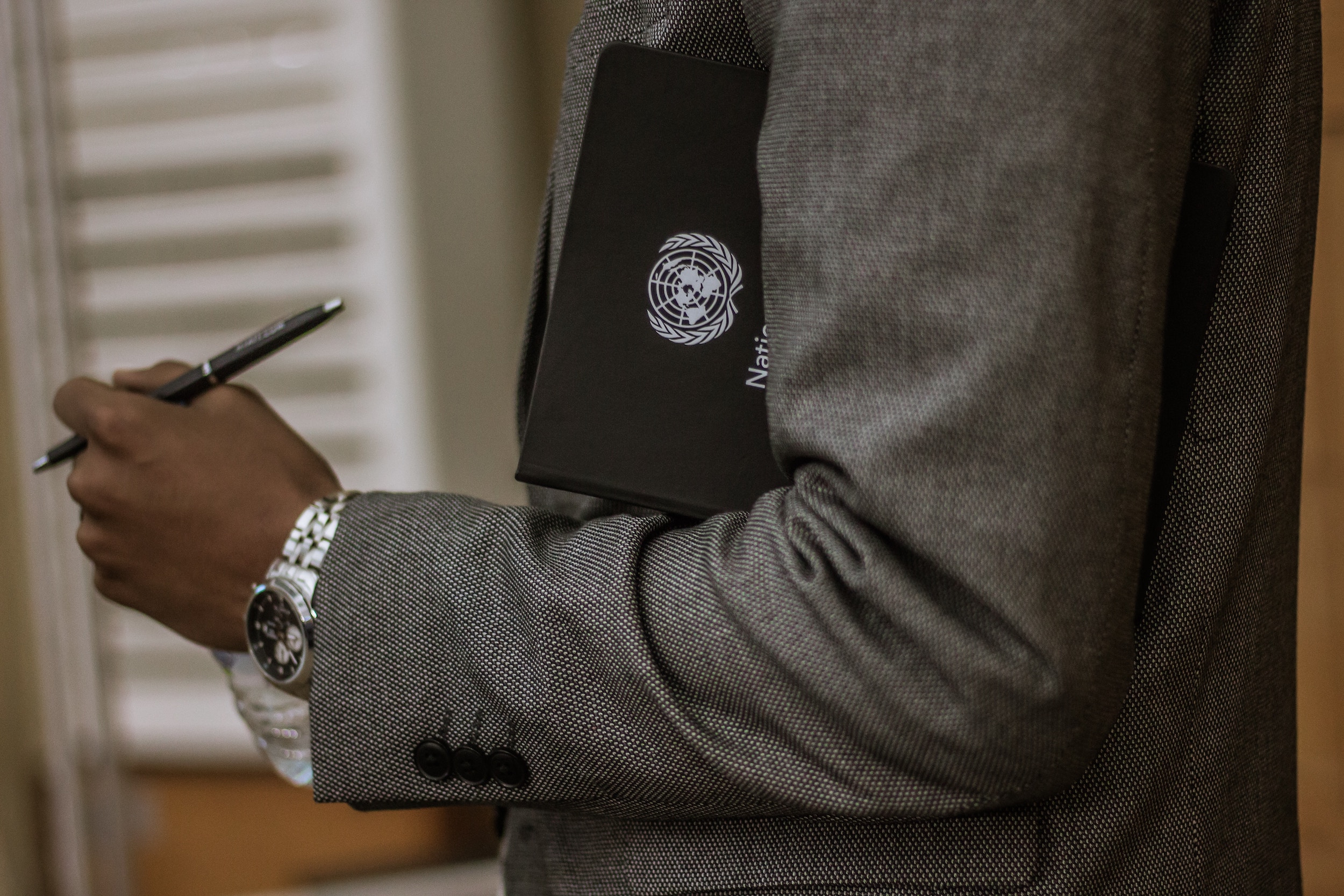
Three Interesting Commission of Inquiry Cases

“United Nations mandated commissions of inquiry, fact-finding and investigations are increasingly being used to respond to situations of serious violations of international law or human rights” A Commission of Inquiry (COI) has taken place in almost every part of the world going back as early as 1946. Various commissions have investigated border conflicts, assassinations, possible acts of genocide, invasions and occupations, illegal trade, use of chemical weapons, and breaches of the Geneva Conventions. The convening body usually establishes a Commission of Inquiry shortly after an event that may violate international law or norms, or disrupt peace and security, or when requested by a Member State. Commissions can be established by the Security Council, the General Assembly, the Human Rights Council, the Secretary-General, or the High Commissioner for Human Rights.
This article highlights three significant and interesting Commissions to pique your interest in one of AMUN’s unique simulations.
Commission of Investigation Concerning Greek Frontier
One of the earliest commissions of inquiry took place in the Balkans. The Security Council established the Commission of Investigation Concerning Greek Frontier Incidents on 19 December 1946. The commission was to conduct an investigation in Greece, Albania, Bulgaria and Yugoslavia to discover the causes and nature of alleged border violations. The commission was to be composed of a representative of each member of the 1947 Security Council.
The Commission concluded that the causes and nature of the border violations were due to the discrimination and persecution of minorities by the Greek Government resulting from abitter atmosphere in Greece following the civil war of 1944-1945. Additionally, communist propaganda caused several thousand people to take refuge within the borders of Greece’s three northern neighbors. Albania, Bulgaria and Yugoslavia did not uphold their duty under international law to prevent and suppress negative activity in their territory aimed at another government. Furthermore the northern neighbors supported the refugees in their guerilla warfare against Greece. The Commission of Investigation Concerning Greek Frontier Incidents submitted a three volume report, S/360(VOL.I), S/360(VOL.II), S/360(VOL.III) on 27 May 1947. On 15 September 1947, the Commission, and the Subsidiary Group, was terminated and taken off the list of matters by the Security Council.
Commission of Inquiry under resolution 496 (1981) in connection with the Republic of the Seychelles
The Commission of Inquiry established under resolution 496 (1981) was created on 15 December 1981. The mission of the Commission was to “investigate the origin, background and financing of the mercenary aggression of 25 November 1981 against the Republic of Seychelles as well as assess and evaluate economic damages.” The Commission was composed of representatives from Panama, Ireland, and Japan. The Commission concluded that the “objective of the mercenary aggression was to overthrow the Government of Seychelles and, it seems, install Mr. James Mancham as head of State. The leader of the mercenaries was Michael Hoare.”
Hoare recruited mercenaries in South Africa, and then they moved through Swaziland to move to Seychelles. The Commission believed that the Government of South Africa may have had some knowledge in the event; however, the extent of that knowledge was never proven. Additionally, the Commission believed the Government of Swaziland had no knowledge of the aggression until after it had taken place. The Commission also concluded that the most severe economic impact would be caused by a decrease of tourism, which is one of the Seychelles’ main forms of income. However, the Commission decided it was “too soon to make a definitive assessment and evaluation of damage to the economy at this time. [Nevertheless,] it is clear that there will be a significant adverse impact on the Seychelles economy resulting from the aggression”
Organization for the Prohibition of Chemical Weapons (OPCW) – United Nations Joint Investigative Mechanism
The OPCW – United Nations Joint Investigative Mechanism was established by resolution 2235 on 7 August 2015 and began its work on 13 November 2015. This team was formed to identify individuals, entities, groups or governments involved in the use of chemicals as weapons, including chlorine or any other toxic chemical in the Syrian Arab Republic. The Mechanism was first headed by Argentina, Albania and Germany in September 2015, and later headed Guatemala, and accompanied by Malaysia and Switzerland starting on 1 May 2017. The Mechanism worked with the OPCW Fact-Finding Mission in the Syrian Arab Republic to understand the facts surrounding the allegations of the use of toxic chemicals for hostile purposes in the country.
In the final report the Joint Investigative Mechanism stated that chemical weapons were used in the Syrian Arab Republic. Sulfur mustard was used in the incidents in Umm Hawsh on 15 and 16 September 2016. The Syrian Democractic Forces and Islamic State in Iraq and the Levant (ISIL) were in active combat in the area of Umm Hawsh. The Leadership Panel of the Mechanism was confident that ISIL was responsible for the use of sulfur mustard at Umm Hawsh since ISIL has used this chemical weapon in the past, and there is no evidence that the Syrian Arab Republic has ever used sulfur mustard. Sarin or a sarin-like substance was used on a large number of people at Khan Shaykhun on 4 April 2017. The Leadership Panel was confident that the Syrian Arab Republic was responsible for the aerial bombing of sarin on Khan Shaykhun since an aircraft belonging to them was seen at the time that the munitions were dropped on the town.
The Mechanism wrote a total of seven reports: S/2016/142, S/2016/530, S/2016/738, S/2016/888, S/2017/131, S/2017/552, S/2017/904. On 17 November 2017, the Joint Investigative Mechanism was terminated by the Security Council due to the Council failing to adopt a draft resolution to continue the mandate.
Keep Up With The Accords
More to read
The AMUN Accords is a premier resource for fact-based Model United Nations simulations. We are always looking for new contributors. Want to write for the AMUN Accords? Check out out the submission guidelines and then get in touch!




